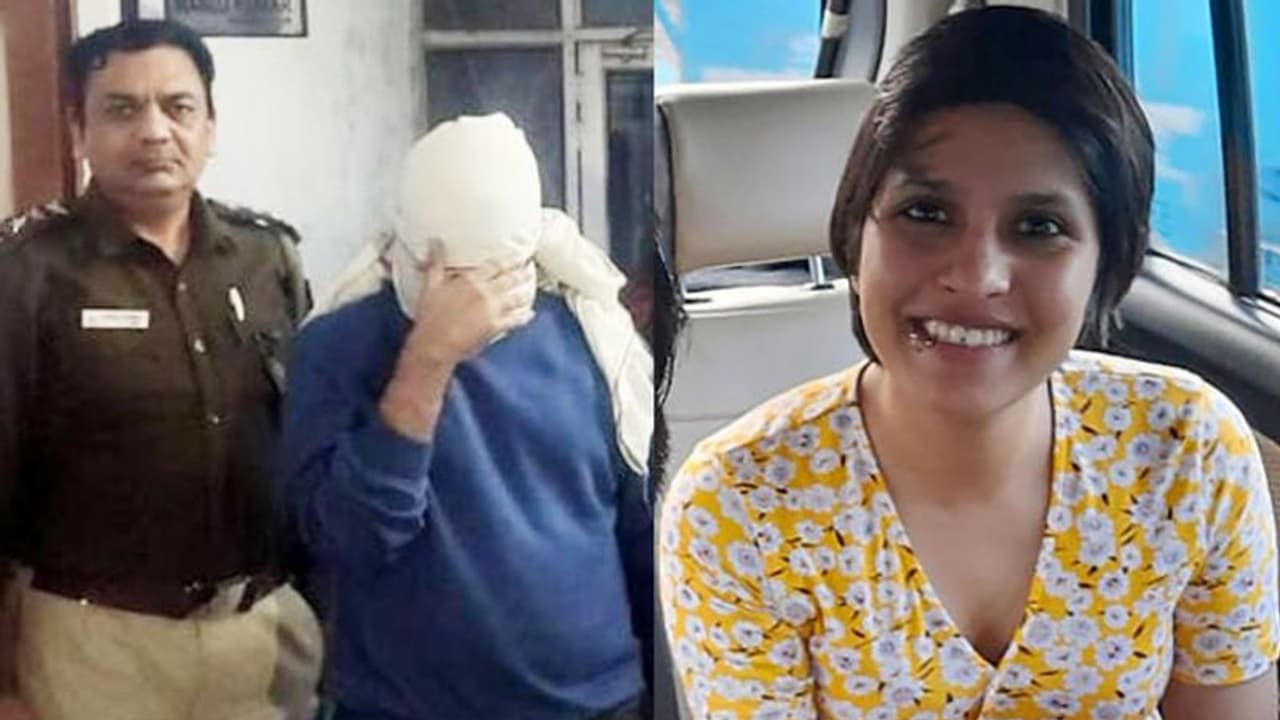On November 22, Delhi Police sources said that during the hearing of Poonawala's remand application extension, he told the magistrate via video conferencing that he killed Shraddha Walkar in the heat of the moment and not deliberately.

According to experts, the reported 'confessions,' including those allegedly made in front of a magistrate by accused Aaftab Amin Poonawala, do not have conclusive legal validity as several key conditions were not completed.
Even though police and other official sources have said that Poonawala confessed to killing and dismembering his live-in partner Shraddha Walkar, his counsel claimed that Poonawala has denied that he had confessed.
The legal experts questioned Poonawala's confession before a magistrate via video conference and called it objectionable and unprecedented.
Following news reports citing Delhi Police sources claimed on multiple occasions that Poonawala admitted to killing Walkar, chopping her body into 35 pieces, and dumping them across the city.
On Wednesday, it was reported that he confessed to his crime during a polygraph test at the Forensic Science Laboratory (FSL) in Rohini, prompting retired Delhi High Court judge Justice RS Sondhi to say that narcoanalysis and polygraph tests are 'useless and a waste of time because they have no legal sanctity.' "What he did after killing the girl was simply evidence destruction," he explained.
Earlier, on November 22, Delhi Police sources said that during the hearing of Poonawala's remand application extension, he told the magistrate via video conferencing that he killed Walkar in the heat of the moment and not deliberately.
Soon after, Poonawala's lawyer, Abinash Kumar, denied the police account, claiming that Poonawala never made such a confession before the magistrate.
In his confession via video conferencing, Justice Sondhi said, "This is an objectionable way of presentation. You have no idea how much pressure he was under. He should have appeared in person before the magistrate."
According to the Delhi Police, he appeared through video conferencing due to safety concerns.
On November 28, a police van carrying Poonawala was attacked outside the FSL, where he was brought for a polygraph test.
According to Justice Sondhi, such reported confessions are useless, and the Delhi Police is 'wasting its time and relishing the spotlight by leaking such material to the media.'
According to experts, as per law, confessions before a magistrate are admissible evidence and help police solve crimes. However, those via video conference and reported in the media do not help the investigating agency since they lack legal validity.
"His confession has no legal weight as he was in police custody then. A magistrate should ensure that an accused makes a freely given confession to be legally valid. The accused should be given time to consider what he wants to say," explained Justice Sondhi.
The proof of circumstances indicating he murdered her is crucial. "The circumstances are such that the chain is complete, and the police do not leave any loose links," he continued.
According to the noted criminal lawyer and former additional solicitor general Sidharth Luthra, confessions in police custody can become admissible only if a magistrate follows section 164 of the Code of Criminal Procedure, which states that the magistrate is required to ensure the confession is voluntary.
Additionally, citing a Supreme Court decision in the Shivappa vs State of Karnataka (1995) case, Luthra said, "The magistrate is required to put questions to the accused as to how he has been treated in police custody and also directly ask the accused why he is making a statement that goes against his self-interest."
Furthermore, he said, "A confession made by an accused before a magistrate during the hearing of a remand motion becomes admissible in court only if the aforesaid procedure is followed."
R V Kini, who represented the prosecution in the case of film producer Neeraj Grover, who was murdered and chopped into pieces in 2008, highlighted the need to appear in person before a magistrate rather than using the video conference method.
"There are various legal safeguards to ensure that the accused is aware of the consequences of his confession. There are provisions to guarantee that he has time to reflect for a day before confessing," added Kini.
According to criminal lawyer Nishant Srivastava, founder and managing partner of Actus Legal, an accused confessing via video conferencing is unprecedented.
"As the confession was made via video conference, what would the police do tomorrow if the accused claims he confessed because the cops pointed a pistol at him on the other side of the camera?" questioned Srivastava.
(With inputs from PTI)
Also read: Shraddha murder: Aaftab's new girlfriend 'shocked', met him twice & had no clue of body parts
Also read: Aaftab Poonawalla confessed to killing Shraddha Walker in polygraph test, showed no remorse: Report
Also read: Shraddha Walker murder case: Experts question delay in DNA analysis
